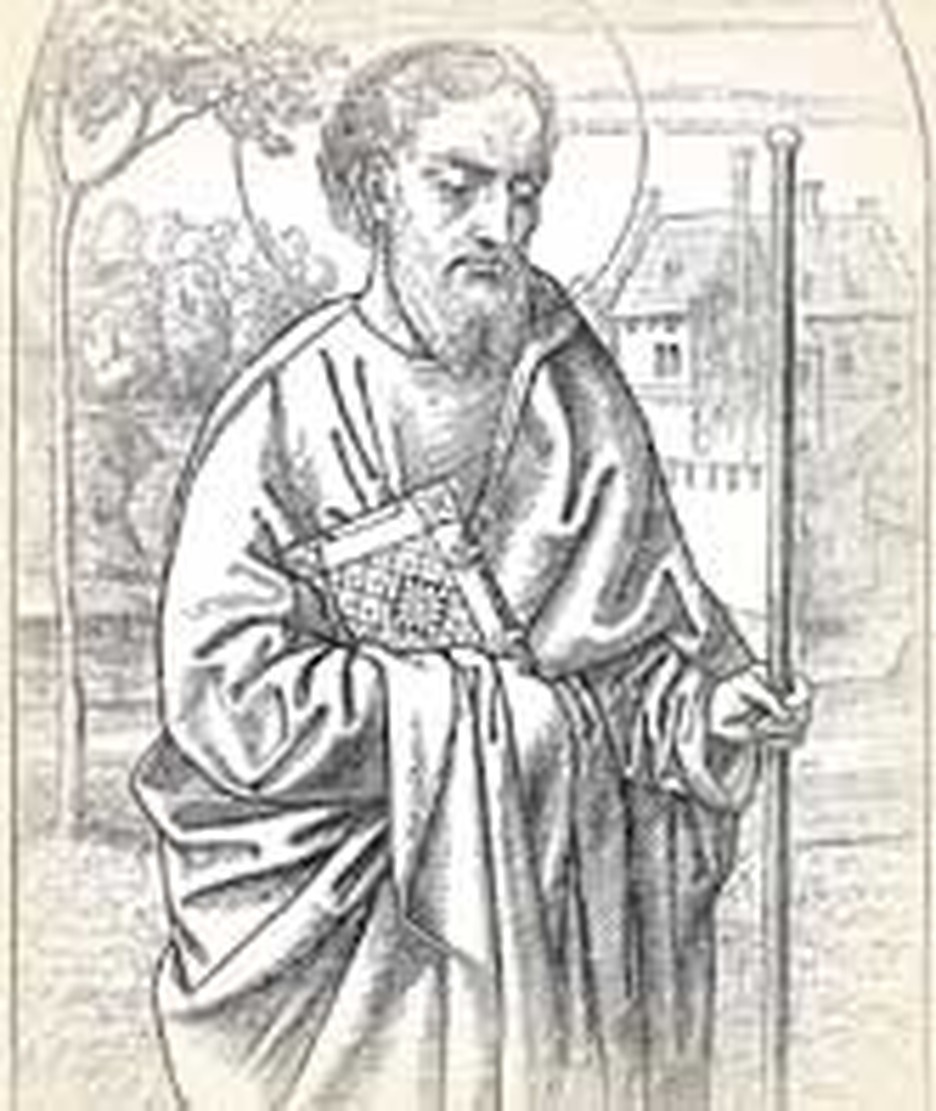
After our Lord’s ascension into heaven, Barnabas continued for a considerable time with St. Paul, being his constant attendant wherever he went. He traveled with him to a great variety of places in different parts of the world, and was of infinite service in helping him propagate the gospel of his great Lord and Master. At length, however, a dispute arose between them while they were at Antioch, the issue of which was that Barnabas left Paul at Antioch, and retired to Cyprus, his native country.
After this separation from St. Paul, the sacred writings give us no account of St. Barnabas; nor are the ecclesiastical writers agreed among themselves with regard to the actions of our apostle, after his sailing for Cyprus. This, however, seems to be certain, that he did not spend the whole remainder of his life on that island, but visited different parts of the world, preaching the glad tidings of the gospel, healing the sick, and working other miracles among the Gentiles.
After long and painful travels, attended with different degrees of success in different places, he returned to Cyprus, his native country, where he suffered martyrdom in the following manner: certain Jews coming from Syria and Salamis, where Barnabas was then preaching the gospel, being highly exasperated at his extraordinary success, fell upon him as he was disputing in the synagogue, dragged him out, and after the most inhuman tortures, stoned him to death. His kinsman, John Mark, who was a spectator of this barbarous action, privately interred his body in a cave; where it remained till the time of the emperor Zeno, in the year of Christ 485, when it was discovered, with St. Matthew’s Gospel, in Hebrew, written with his own hand, lying on his breast.
Resources:
- This story is adapted from John Kitto's 1870 History of the Bible and represents the commonly accepted views about this apostle among rank and file believers in the late 19th century.







